RT14 CPCS Blue Card Renewal Mock Test with 114 Questions and Answers / A14, A15, A16, A18 Masted Forklift Truck
£15.00 Original price was: £15.00.£9.95Current price is: £9.95.
Practice for your your RT14 CPCS blue card renewal test with practice multiple choice questions – Just like the real NOCN/CPCS test!
- Questions & Answers: based on the latest RT 14 Masted Forklift Truck – CPCS Renewal Test Revision FACTSHEET
- Categories: A18 Reach Truck / A16 Industrial Forklift Truck / A15 Forklift Side Loader / A14 R.T.F.L. Masted Truck
- Number of Multiple-choice Questions: 114
- Format: PDF
- Delivery time: Instant download after checkout
- Refunds: No refunds once downloaded, unless you ordered duplicates by mistake.
If there are any issues with your download, please email CardRenewalTest@gmail.com and we’ll send it ASAP
Ace Your RT14 Masted Forklift Truck CPCS Blue Card Renewal with Our Mock Practice Test
Your Path to a Seamless CPCS Blue Card Renewal
Are you a Masted Forklift Truck operator preparing to renew your CPCS blue card for categories A18, A16, A15, or A14? If so, you’re probably aware of the importance of acing the renewal test. Your blue card is not just a card; it’s a symbol of your competence and expertise in safely operating forklifts. It’s a testament to your dedication to the job and commitment to safety. To ensure a hassle-free renewal process, our CPCS blue card renewal mock practice test is your best companion.
The Vital Role of CPCS Blue Card Renewal
Your CPCS blue card is more than just a ticket to operate a Masted Forklift Truck. It’s a certification that demonstrates your ability to adhere to safety standards, operate the machinery efficiently, and adapt to industry changes. However, renewing your blue card is a vital step to keep up with the latest industry requirements. With the RT14 Masted Forklift Truck mock practice test, you can confidently approach the renewal process and continue your career without a hitch.
Why Do You Need Our Mock Practice Test?
Renewing your CPCS blue card may seem like a straightforward process, but it’s not something you want to take lightly. The renewal test assesses your knowledge of the latest industry regulations, best practices, and safety guidelines. It’s not just a formality; it’s a validation of your expertise in forklift operation.
Here’s why our mock practice test is a must for your CPCS blue card renewal:
- Stay Updated with the Latest Information: The construction industry evolves, and so do safety regulations. Our mock test is based on the most recent NOCN CPCS RT14 Masted Forklift Truck factsheet. It ensures you’re up to date with the latest guidelines.
- Boost Your Confidence: Facing the renewal test can be nerve-wracking, even for experienced operators. Our mock practice test helps you get comfortable with the format and types of questions you’ll encounter. It’s like a rehearsal for the big performance.
- Identify Areas for Improvement: The mock test not only assesses your knowledge but also highlights your strengths and weaknesses. It gives you a clear picture of where you need to focus your study efforts.
- Convenient Self-Paced Learning: You can access our mock practice test online, allowing you to study at your own pace and convenience. No need to attend physical classes or adhere to rigid schedules.
- Cost-Effective Preparation: Preparing for the renewal test doesn’t have to break the bank. Our mock test offers a cost-effective way to study without compromising on quality.
What You’ll Learn
Our RT14 Masted Forklift Truck CPCS blue card renewal mock practice test covers a wide range of topics based on the latest factsheet. You’ll learn:
- Safety Regulations: Stay updated with safety regulations to ensure a secure working environment.
- Operational Best Practices: Enhance your knowledge of forklift operation and efficient load handling.
- Industry Changes: Understand the latest industry trends and adapt accordingly.
- Troubleshooting: Learn how to identify and address common forklift issues.
- Emergency Response: Prepare for various emergency scenarios, ensuring quick and safe responses.
Get Ready to Renew Your CPCS Blue Card
Renewing your CPCS blue card is not just a formality; it’s a commitment to safety and excellence. Our mock practice test is designed to help you succeed in the renewal process, ensuring you continue to be a valuable asset in the construction industry.
Don’t wait until the last minute. Start your preparation today with our RT14 Masted Forklift Truck CPCS blue card renewal mock practice test and renew your card with confidence. It’s your path to a seamless and hassle-free renewal.
Get started with your CPCS blue card renewal mock practice test now and secure your future in forklift operation.
Here is a summary of the key learning points from the official RT14 Masted Forklift Truck factsheet:
Preparation and Fitting Attachments
- Masted forklifts come in various types, including industrial counterbalanced, side loader, reach truck, and rough terrain.
- Thorough pre-use checks must be conducted according to manufacturer’s requirements, often found in the operator’s manual or on machine decals.
- Regular checks should be performed on the mast, forks, and lift chains to ensure their safety and functionality.
- Operators should report any faults or defects immediately and take the forklift out of service if they are unsure about its safety.
- Using a machine with defects, no matter how minor they may seem, can lead to potential hazards.
Working Safely and with Others
- Forklift operations often occur in congested areas where operators need to be vigilant about the movements of other machines, vehicles, and people.
- Collisions with pedestrians are a common forklift-related incident, emphasizing the need for segregated walkways.
- Reversing any forklift is hazardous, and operators should ensure the route is clear before moving.
- Operators need to maintain all-round vision and react to situations, especially when pedestrians are in the vicinity.
- Travelling at an appropriate speed for the conditions is crucial to prevent possible collisions and load instability.
Lifting Loads and Using Attachments
- Operators must know the weight and safe lifting height of loads as provided by the machine’s rated or lift capacity chart.
- Regularly reaching the maximum lifting capacity for the desired height increases the risk of overloading and instability.
- Load weight is determined by size and density, so operators cannot solely rely on size, height, width, or length.
- Operators must understand load centers and compare them with the forklift’s load center as indicated in the capacity chart.
- Fork spacing must ensure that the load is fully supported, especially when using wooden pallets.
Stability
- Operators must understand the conditions that can lead to instability, both longitudinally (front and rear) and laterally (sideways).
- Proper load centering and de-rating are essential when carrying large loads exceeding the machine’s center of gravity.
- Longitudinal stability relies on the counterbalance effect, which can be affected by load placement on the forks.
- Raising a load or uneven ground can further impact stability and increase the risk of tipping.
- No loads should be lifted unless the forklift is level and on firm and stable ground.
Travelling with Suspended Loads
- Carrying loads suspended from the forks requires careful planning to avoid exceeding safe limits.
- The swing of a suspended load can lead to forklift instability, especially when traveling or turning too quickly.
- Measures should be taken to maintain forward vision when traveling with suspended loads.
- Even when traveling unladen or with light loads, forklifts can overturn if operators turn too sharply, especially at higher speeds or turning angles.
Travelling with a Raised Mast
- Traveling with a raised mast is hazardous and can significantly increase instability, especially on uneven ground or when turning.
- Operators should ensure that the forklift is on firm and level ground before raising a load.
Travelling on Slopes
- Operators must be aware of the maximum gradient the forklift can handle and the proper direction of travel, depending on whether it is carrying a load.
- When driving up a slope with a load, the mast should be slightly tilted back to keep the load low and clear of the ground.
These are the essential points covered in the RT14 Masted Forklift Truck factsheet, providing comprehensive guidance on the safe operation of forklifts.
1 review for RT14 CPCS Blue Card Renewal Mock Test with 114 Questions and Answers / A14, A15, A16, A18 Masted Forklift Truck
Add a review Cancel reply
Related products
CPCS Blue Card Renewal Tests
RT45 CPCS Blue Card Renewal Mock Test with 110 Questions and Answers / A 45,46,47,48 Piling Rig
CPCS Blue Card Renewal Tests
RT65 CPCS Blue Card Renewal Mock Test with 133 Questions and Answers / A65 Demolition Plant
CPCS Blue Card Renewal Tests
RT22 CPCS Blue Card Renewal Mock Test with 144 Questions and Answers / A22 Tracked Loading Shovel
CPCS Blue Card Renewal Tests
RT42 CPCS Blue Card Renewal Mock Test with 117 Questions and Answers / A42 Crusher
CPCS Blue Card Renewal Tests
RT30 CPCS Blue Card Renewal Mock Test with 113 Questions and Answers / A30 Piling Rig Tripod
CPCS Blue Card Renewal Tests
RT60 CPCS Blue Card Renewal Mock Test with 151 Questions and Answers / A60 Mobile Crane
CPCS Blue Card Renewal Tests
RT34 CPCS Blue Card Renewal Mock Test with 130 Questions and Answers / A34 Crawler Tractor Dozer
CPCS Blue Card Renewal Tests
RT43 CPCS Blue Card Renewal Mock Test with 102 Questions and Answers / A43 Screener



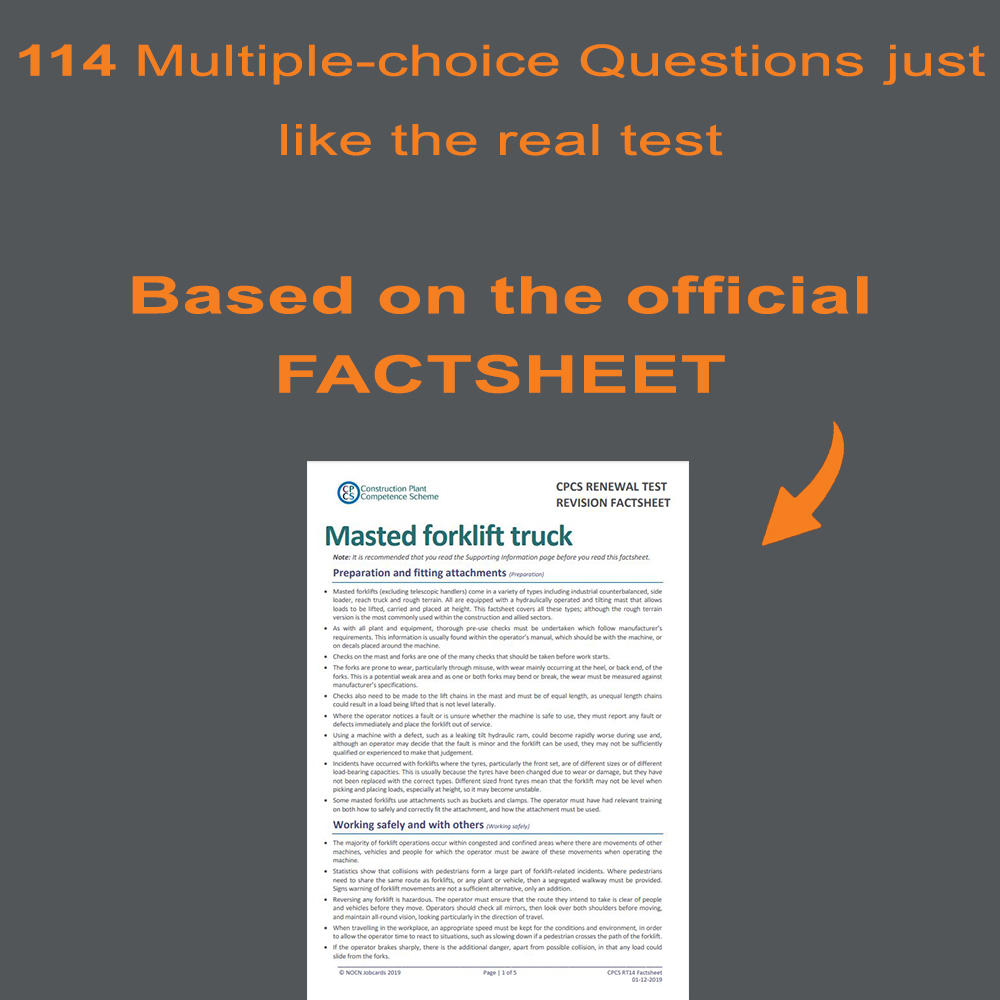
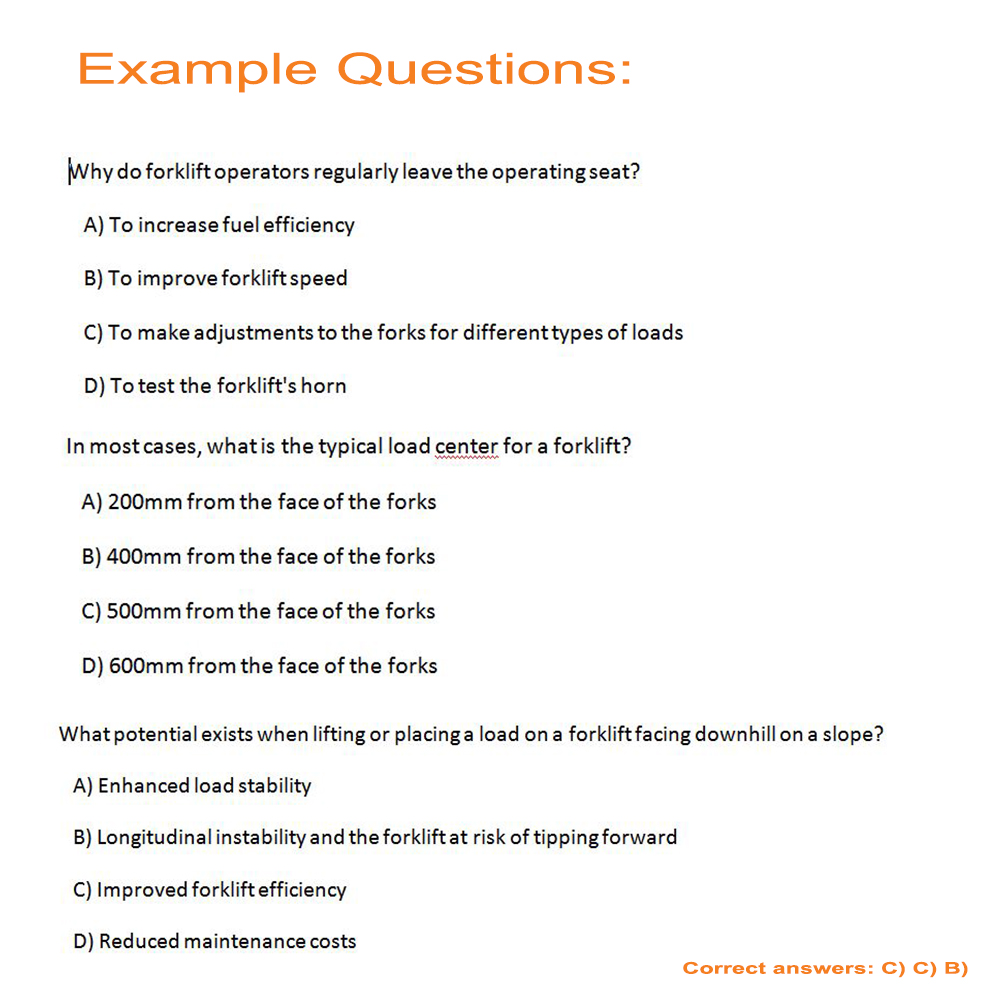
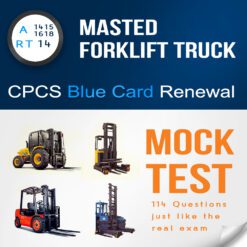
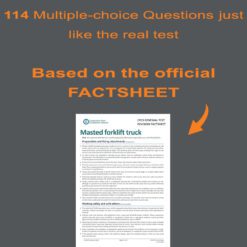
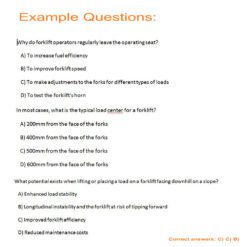


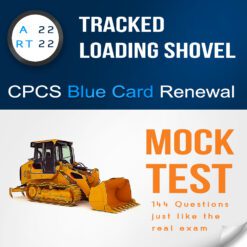


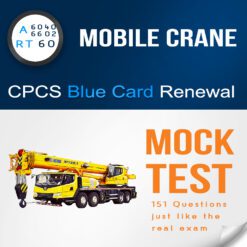
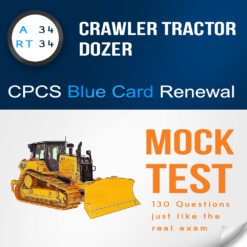

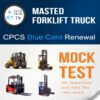
Fred Holbrook –
Thanks for creating this mate its been quite helpful and calmed my nerves before the test